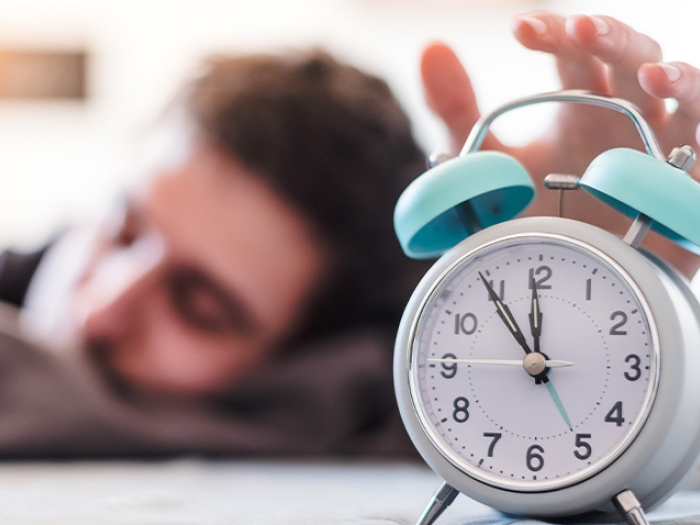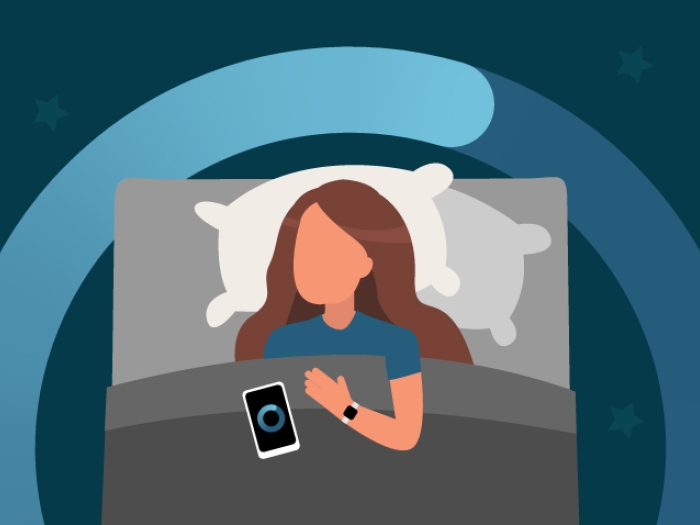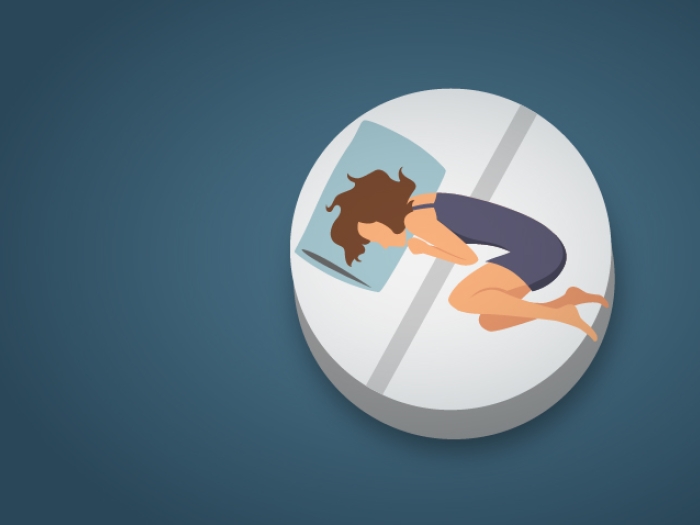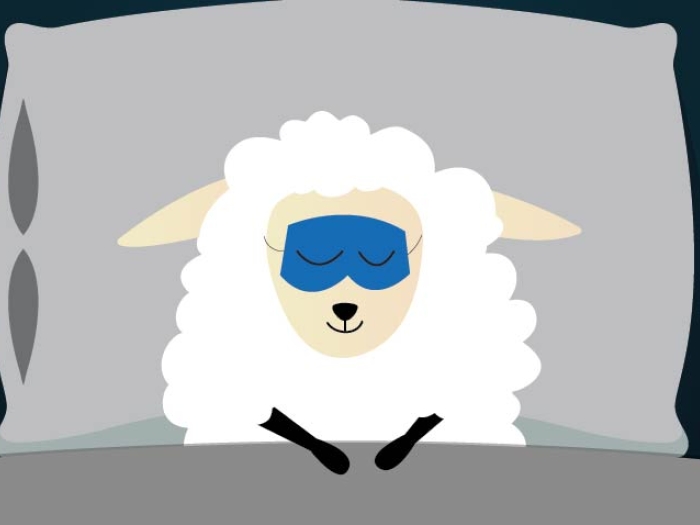Insomnia affects tens of millions of Americans each year to varying degrees. A U-M specialist offers his tips for a better night’s sleep.
2:00 PM
Author |
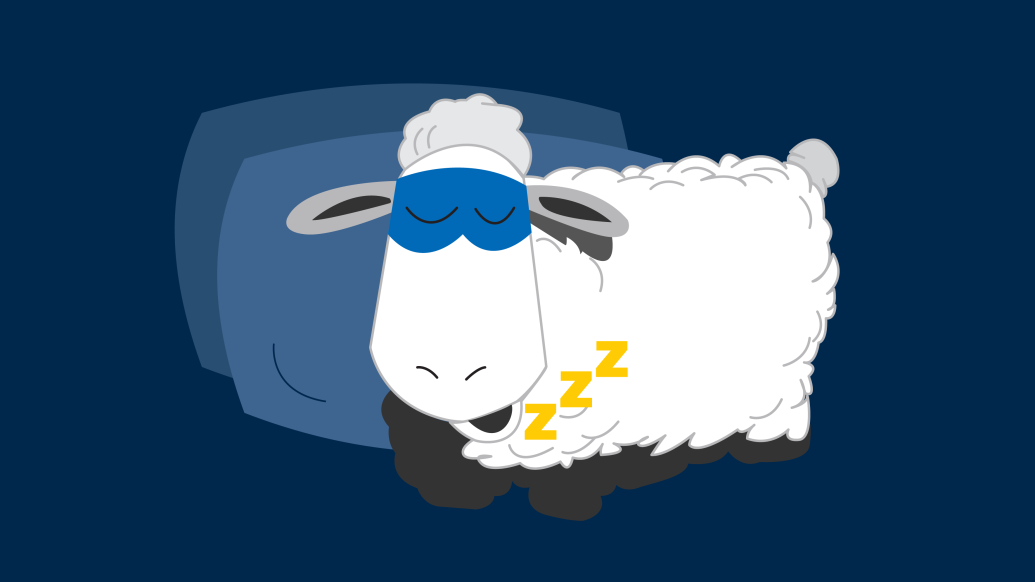
As a sleep medicine physician, I know firsthand that insomnia troubles many people.
Insomnia is a disorder in which a person has difficulty falling asleep or maintaining sleep or wakes up too early in the morning — despite having adequate time in a sleep-conducive environment. It can be caused by many things, including pain, depression, anxiety, stress, or medications such as decongestants or antidepressants.
If it typically takes you longer than 30 minutes to fall asleep, if you are awake more than 30 minutes at night or if you wake up 30 minutes earlier than you'd like, chances are you have insomnia.
Fortunately, there are ways to sleep better or, we hope, eliminate your insomnia altogether.
What you can do on your own:
Try these four tips to help ease or end your insomnia.
● Only use your bedroom for sleep and sex. The goal is to associate the bedroom as a place to be asleep. Your bedroom is not a good place for a home office, for example, because your brain will associate the room with work instead of sleep. That means no computer or paperwork in the bedroom. It's also good to keep your electronics out, including your TV, to minimize your exposure to blue light before bed, which may trick the body into thinking it isn't nighttime.
● Keep it in (circadian) rhythm. Establish a regular time to wake up each day and a time to get ready for bed each night even on weekends. If you stay up late on Friday and Saturday, for example, it will be more difficult to fall asleep early on Sunday to start the week. This means resist the urge to take a nap during the day, too.
● Wind down appropriately. Avoid large meals before bed, which may trigger heartburn. Don't exercise within several hours before bed or do other activities that raise core body temperature, such as taking a hot shower or using a sauna. And even though a glass of wine may help you fall asleep, it will be poor quality sleep. Avoid alcohol before bed.
● Don't just lie there. Don't watch the clock while you're trying to fall asleep. If you're awake after what feels like 20 to 30 minutes, leave the room. Read a book or do stretches in a quiet, dim room and then return to bed when you feel sleepier. Above all, try to stay positive. Negative thoughts about sleeping often lead to frustration that creates a vicious cycle.
If your symptoms persist and really bother you, seek help from your primary care physician or get a referral to a sleep medicine physician. People with irritability, trouble thinking, reduced alertness or mood disturbance are experiencing symptoms that may be associated with insomnia.

Explore a variety of health care news & stories by visiting the Health Lab home page for more articles.

Department of Communication at Michigan Medicine
Want top health & research news weekly? Sign up for Health Lab’s newsletters today!
